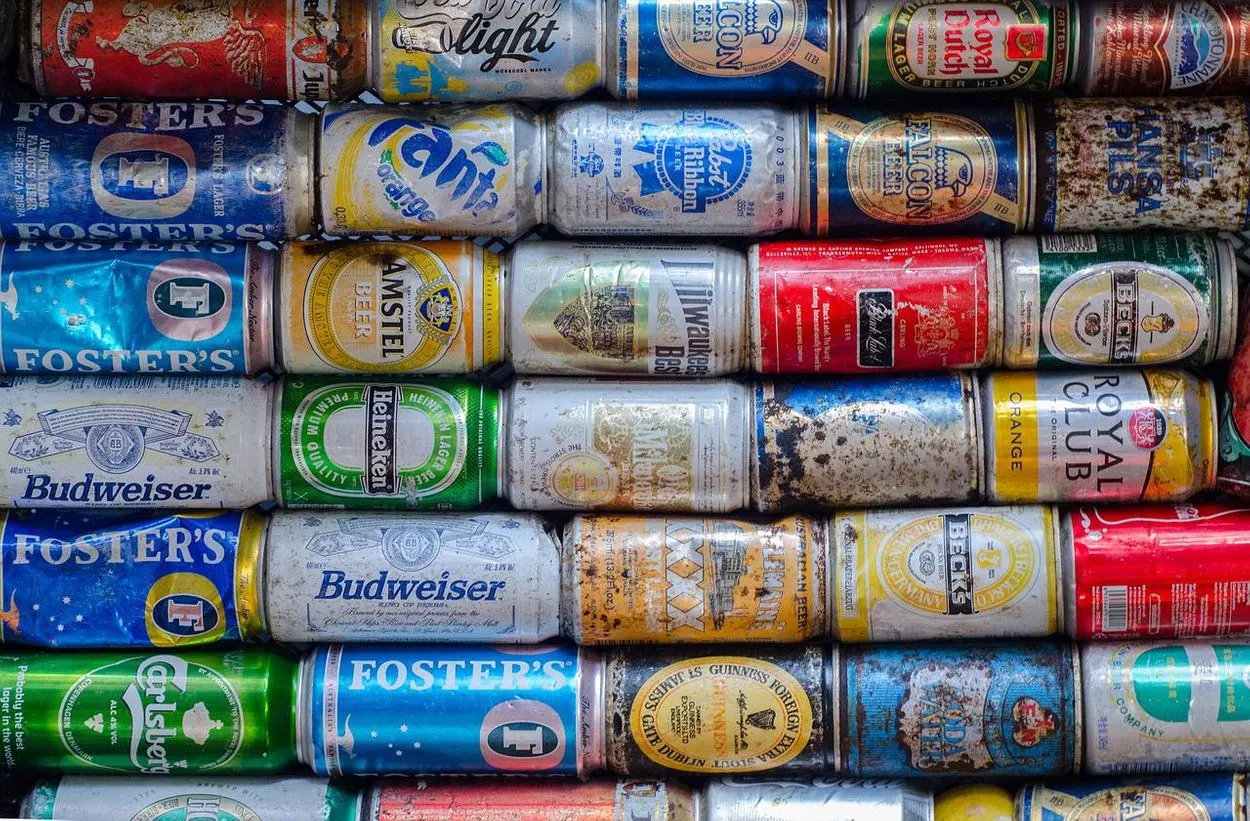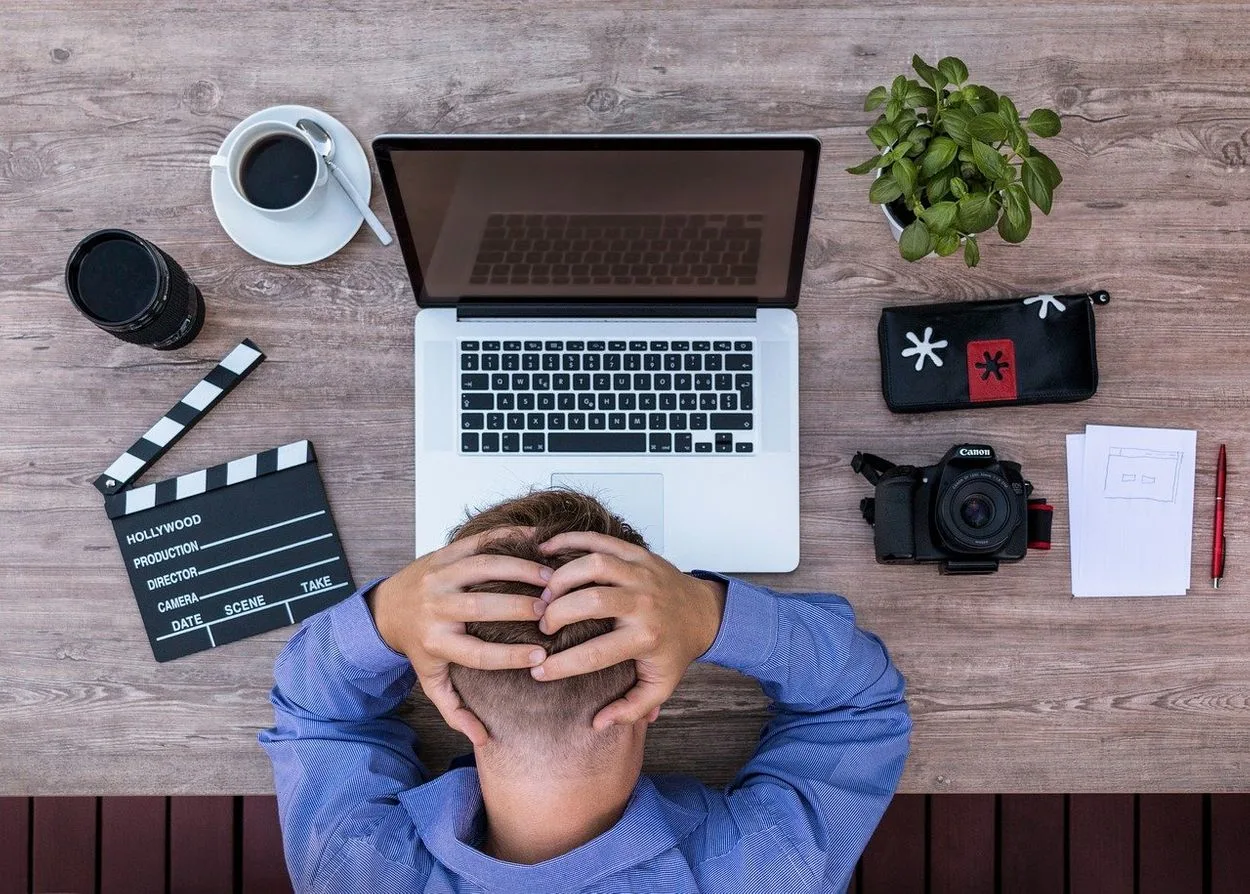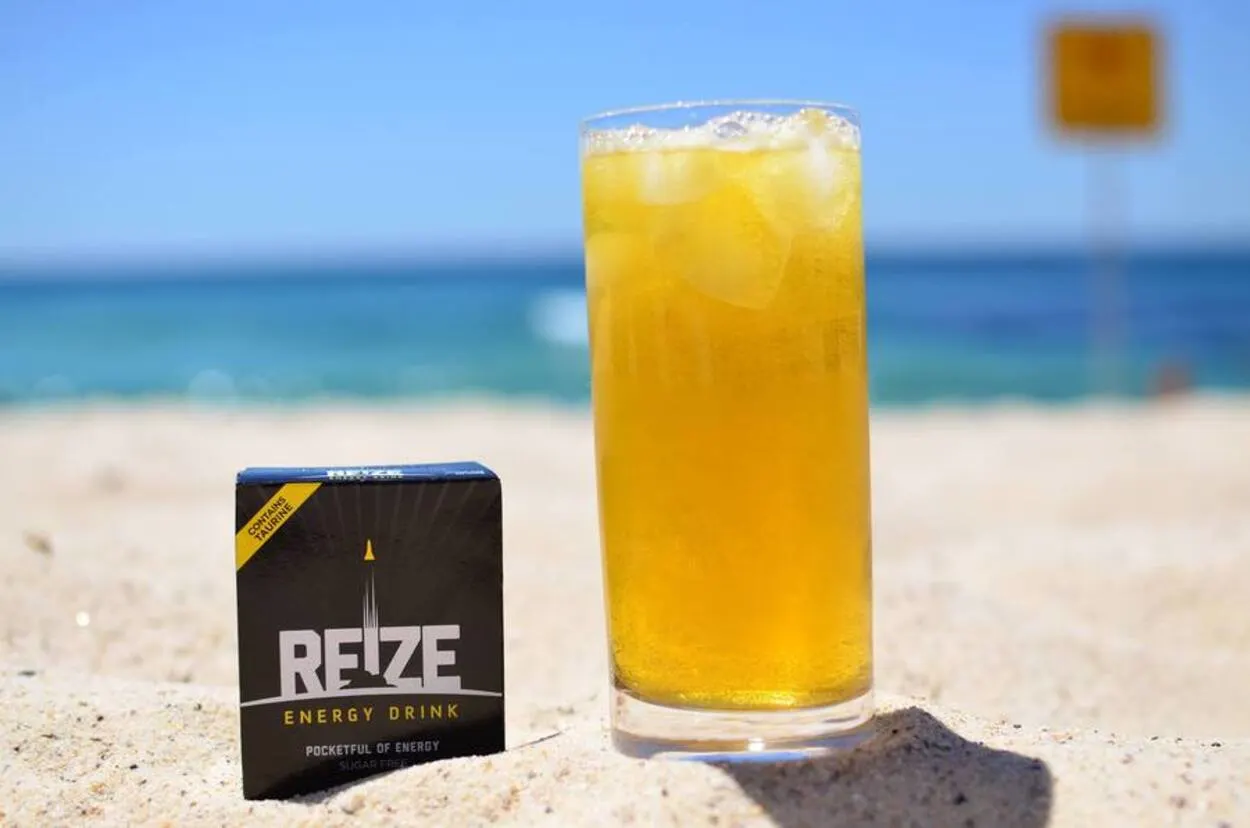Caffeine is a natural ingredient that can help in the management of daily tasks, housework, and most importantly, work. It also increases your physical strength, allowing you to do tasks with enthusiasm.
Given the benefits that caffeine may have on your health, it’s no surprise that it’s the main ingredient in the energy drinks you consume.
Caffeine, like any other substance, is metabolized (broken down) by the human body and eventually eliminated from it. Because caffeine is now found in so many goods, it’s crucial to know how long it stays in the body to avoid overdosing from consuming too much caffeine in 24 hours.
Now, what is caffeine’s half-life?
The time it takes for a portion of a substance to be decreased to half its original amount is known as its half-life. Caffeine has a half-life of up to 5 hours, according to this study.
You might also urinate more as a result of the liquid volume consumed and the modest diuretic impact of caffeine.
Caffeine Half-life
A “half-life” is a term used to describe how long a medicine lasts. Simply said, this is the time it takes for 50% of a medication to be digested. Doctors and pharmacists utilize this notion to establish optimal medicine doses for patients.
Caffeine is no exception, and it takes time for it to work its way through your system and be digested by your liver. Caffeine has a half-life of 5.7 hours in healthy humans, according to one study. This means that if you take 200mg of caffeine in the middle of the day, you’ll still have 100mg in your system by 5:45 p.m.
What Food and Drink Contains Caffeine?
Caffeine is a naturally occurring chemical present in multiple plants, including coffee and cocoa beans, as well as tea leaves.
Caffeine is also often included in sodas and energy drinks in the form of synthetic caffeine. Within six hours of your expected sleep, try to avoid these foods and drinks, which commonly include caffeine:
- Black and green tea
- Coffee and espresso drinks
- Chocolate
- Energy drinks
- Soft drinks
- Certain over-the-counter medications that contain caffeine, such as Excedrin

What Factors Can Delay Caffeine Half-life?
According to a study, those with impaired liver function have a considerably longer half-life (a 49-year-old woman having alcoholic hepatic disease had a serum half-life of 168 hours).
Others may be affected by genetic factors that affect the gene that controls caffeine metabolism. The CYP1A2 gene is required for the liver to break down up to 95% of the caffeine in the body. Other genes may have an impact on how effectively this gene performs.
Some people may be missing the gene or have faulty genes. Caffeine lingers in the body for a long time in this situation, increasing sensitivity to caffeine and perhaps causing allergy-like symptoms.
When Does the Effect of Caffeine Start?
Caffeine is a psychoactive component that has numerous health benefits. It’s found in a wide range of meals and beverages. The half-life of caffeine is metabolized in your body in about 5 hours on average, though this can vary depending on a variety of factors, such as your caffeine tolerance.
Caffeine raises your energy levels, heart rate, and blood pressure while improving your mood. That’s why every sip gives you a kick. It’s a rapid energy boost that takes only a minute to take effect. It depends on your caffeine metabolism and how long it lasts.
Caffeine’s half-life requires at least 5 hours for your body to digest. For example, if you consume 50mg of caffeine, your system will still contain 25mg of caffeine after five hours.
Your caffeine metabolism is influenced by several things. Age, health, and even heredity are all aspects to consider. The length of time you feel the effects of caffeine may vary depending on this. Aside from that, you should avoid consuming caffeine if you’re a child or pregnant may be a good idea.
Energy drinks with at least 50mg to 100mg of caffeine, in my opinion, are the best. It’s easy to digest and aids in the maintenance of your system’s balance.
When Can You Feel the Effect of Caffeine?
Caffeine’s effects usually begin as soon as you take your first sip. After 15 to 45 minutes, you might experience its climax. After five hours, this caffeine can be swiftly metabolized in your liver.
Caffeine’s highest effect is usually seen at this time. You will feel more aware and energized after consuming caffeine. It’s worth noting, however, that excessive caffeine use is not recommended. Overeating can make you feel unmotivated and tired, and cause a rise in your heart rate and blood pressure.
For your information, the FDA recommends that you consume no more than 400mg of caffeine each day. So, make sure you don’t exceed that limit, as maintaining your consumption to a bare minimum might help you maintain your general health.
What is Caffeine Tolerance?
Caffeine tolerance refers to your body’s ability to respond to the caffeine you consume.
Caffeine tolerance might develop if you continue to increase your caffeine input. It means your body is no longer able to soak caffeine’s nutrients and advantages. There are two sides to the caffeine reaction in your body. Even a modest amount of caffeine will give you extraordinary alertness, mood benefits, and motor growth if you have a low tolerance to caffeine.
High caffeine tolerance, on the other hand, can aid in the management of highly caffeinated beverages. But keep in mind that it’s all a ruse. Sleeplessness, anxiety, headaches, caffeine crashes, and delayed progress with your activity or task will progressively become more noticeable.
It would be ideal if you could control your caffeine intake to combat caffeine tolerance. Pay close attention to the nutritional labels on your drinks and keep to the caffeine level set by the FDA. You’ll be able to control the effects of caffeine in your body with this method.

What is Caffeine Withdrawal?
If you’re used to consuming caffeine, stopping it may cause caffeine withdrawal symptoms.
You may feel caffeine withdrawal symptoms within 12 to 24 hours of your last caffeinated item, according to this study. These signs and symptoms could include:
- Headache (the most common symptom)
- Depression
- Anxiety
- Drowsiness and fatigue
Caffeine withdrawal symptoms usually go away after 48 hours. If you’re used to ingesting significant amounts, though, quitting cold turkey may exacerbate your withdrawal symptoms.
The most effective strategy to eliminate caffeine is to reduce the amount you drink on a daily basis.
Primary Sources of Caffeine
Check out the table below for an overview of the beverages and their caffeine content:
| Drinks | Amount | Amount of Caffeine |
| Brewed Coffee | 8 fl. oz. | 100 to 200mg |
| Instant Coffee | 8 fl. oz. | 30mg to 150mg |
| Espresso | 1 fl. oz. | 30 to 50mg |
| Decaffeinated Coffee | 8 fl. oz. | 5 to 10mg |
| Caffeinated Soda | 12 fl. oz. | 45mg |
| Black Tea | 8 fl. oz. | 40 to 70mg |
| Brewed Tea | 8 fl. oz. | 47mg |
| Chocolate Candy Bar | 1.55 fl. oz. | 9mg |
| AMP Energy Drink | 16 fl. oz. | 142mg |
| Bang Energy Drink | 16 fl. oz. | 300mg |
| Red Bull | 8.4 fl. oz. | 80mg |
| Celsius | 12 fl. oz. | 200mg |
| Monster | 16 fl. oz. | 160mg |
| Rockstar | 16 fl. oz. | 160mg |
| Rip It | 16 fl. oz. | 160mg |
| Zipfizz | – | 100mg |
| REIZE | 4g | 50mg |
It’s pretty clear from the table that apart from the caffeine, REIZE is the only option that can provide you energy through a moderate caffeine content (about which I will discuss later).
Advantages and Disadvantages of Drinking Caffeinated Beverages?
Caffeine has both beneficial and harmful effects on your body. What you’ll get depends on how much you consume. Consider the following benefits and drawbacks of caffeine consumption.
Advantages
Caffeine has several advantages when consumed properly, including the following.
Improvement in Sport Performances
Caffeine can help you perform better in sports if you regularly participate in them.
Caffeinated beverages give you an energy boost that can help you manage your body and build physical endurance. It aids you in giving your finest shots and performing successfully.
Alertness and Concentrate
Caffeine improves alertness and attention by preventing the entry of adenosine receptors into the brain. You might feel fatigued and wish to rest after the adenosine receptors enter your brain.
Adenosine’s job is to signal your body when it’s time to rest, which is why you’ll feel fatigued when it enters your brain.
Brain and Cognitive Function
Caffeine can help you think more clearly and remember things more quickly.
It assists you in efficiently managing your activities in your unique style. It also helps to slow down the deterioration of your mental faculties as you become older.
Disadvantages
Caffeine has several advantages, but too much of it might have negative consequences:
Sleeplessness or Insomnia
Caffeine use in excess can cause insomnia or sleeplessness. Caffeine has a half-life of five hours in the human body. Caffeine metabolism slows down when you drink too much, making it difficult to get a decent night’s sleep.
Depression
Too much caffeine might affect your mood, resulting in an anxiety attack or sadness. The more coffee you drink, the more likely you are to suffer from sadness and anxiety.
Caffeine Dependency and Addiction
You should be cautious about how much caffeine you consume, as it may lead to caffeine addiction and dependency. You might not be able to function properly without caffeine once your body has gotten completely reliant on it.
It isn’t restricted to that because you may experience a build-up that causes you to consume more caffeine. It’s bad since it might cause dizziness, jitters, and shaking, as well as thirst and irritability in your surroundings.
To avoid any health risks, it’s critical to keep your caffeine intake under control.
How Do You Get Caffeine to Wear Off?
Caffeine can be difficult to accumulate due to its negative effects. Don’t worry; there are techniques to assist your body in releasing the caffeine you consume. The following are some options:
Know When to Stop
The first thing to remember is when to quit drinking coffee. If you see yourself becoming light-headed or experiencing an increase in heart rate, it’s better to put down that energy drink, even if you haven’t completed it yet.
Because everyone’s caffeine tolerance is different, only you can determine what is a suitable or excessive amount of caffeine for you. While the FDA’s daily 400mg limit is a good starting point, you’ll have to figure out how much you can have on your own, which means starting with small sips and not diving off the caffeinated deep end.
Hydrate Yourself
Keep in mind that caffeine is a diuretic by nature, so you’ll need to stay hydrated to avoid negative side effects. Increasing your water consumption can aid in the removal of caffeine from your body more quickly through excretion, flushing it out faster.
If you’re trying to shake off unintended jitters as quickly as possible, I’d recommend keeping the caffeinated beverage to water ratio at a decent 1:1 ratio, which means that for every energy drink you have, you should attempt to drink the same quantity of water.
Exercise
Given that caffeine is known to boost exercise performance, if you start to feel jittery, go for a brisk run to help the caffeine metabolize faster.
Plus, you’ll burn some calories in the process, so it’s a win-win situation all around.
REIZE (Top Pick)

REIZE would be an excellent pick if you’re seeking an energy drink that will offer you a boost without hurting your health.
This powdered energy drink contains a healthy 50mg of caffeine, 11 calories, and is sugar-free. Furthermore, it is a drink rich in vital vitamins such as taurine, ginseng extract, and essential B vitamins.
REIZE is particularly convenient because it may be consumed anywhere and at any time. All you have to do now is mix the powder thoroughly with the water or beverage of your choice. It will undoubtedly satisfy your taste buds while quenching your thirst.
Best of all, you can get REIZE for less than a dollar and have it shipped right to your door. It’s simple to use and completely amazing!
Final Verdict
Caffeine raises your energy levels, heart rate, and blood pressure while improving your mood. That’s why every sip gives you a kick. It’s a rapid energy boost that takes only a minute to take effect. It depends on your caffeine metabolism and how long it lasts which usually lasts for 5 to 6 hours.
The word “half-life” refers to how long a drug lasts. Simply said, this is the amount of time it takes for 50% of a drug to be digested. This concept is used by doctors and pharmacists to determine the best pharmaceutical doses for patients.
If you’re looking for an energy drink that will give you a boost without harming your health, REIZE is a great option. The best part is that you can acquire REIZE for less than a dollar and have it delivered to your house. It’s easy to use and utterly fantastic!

